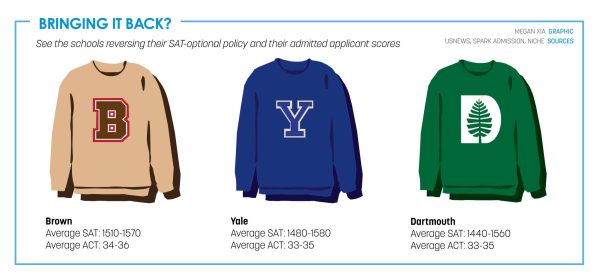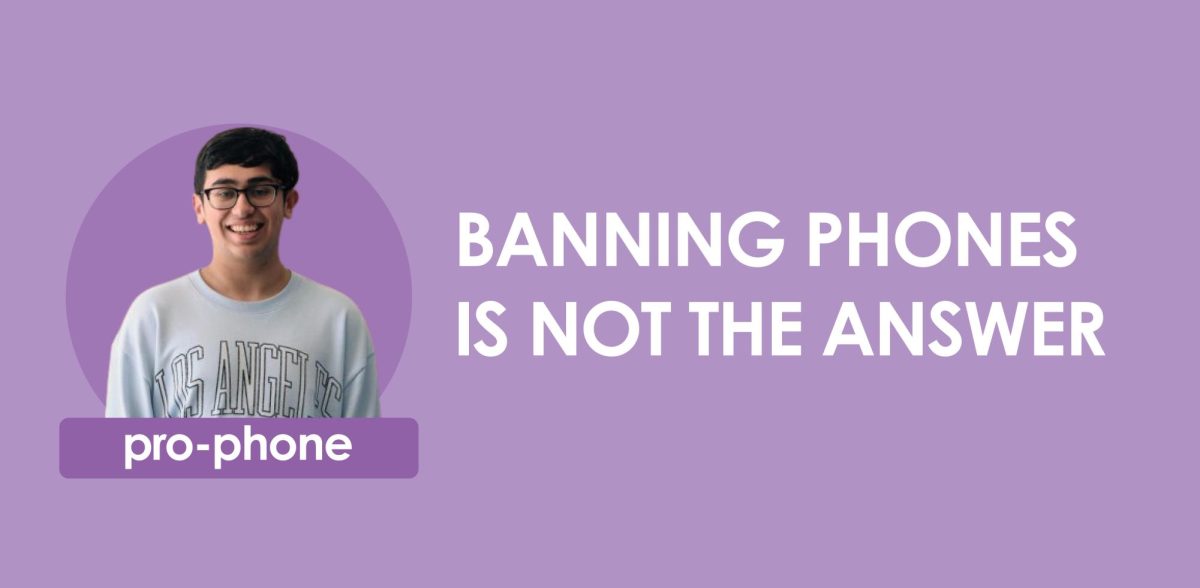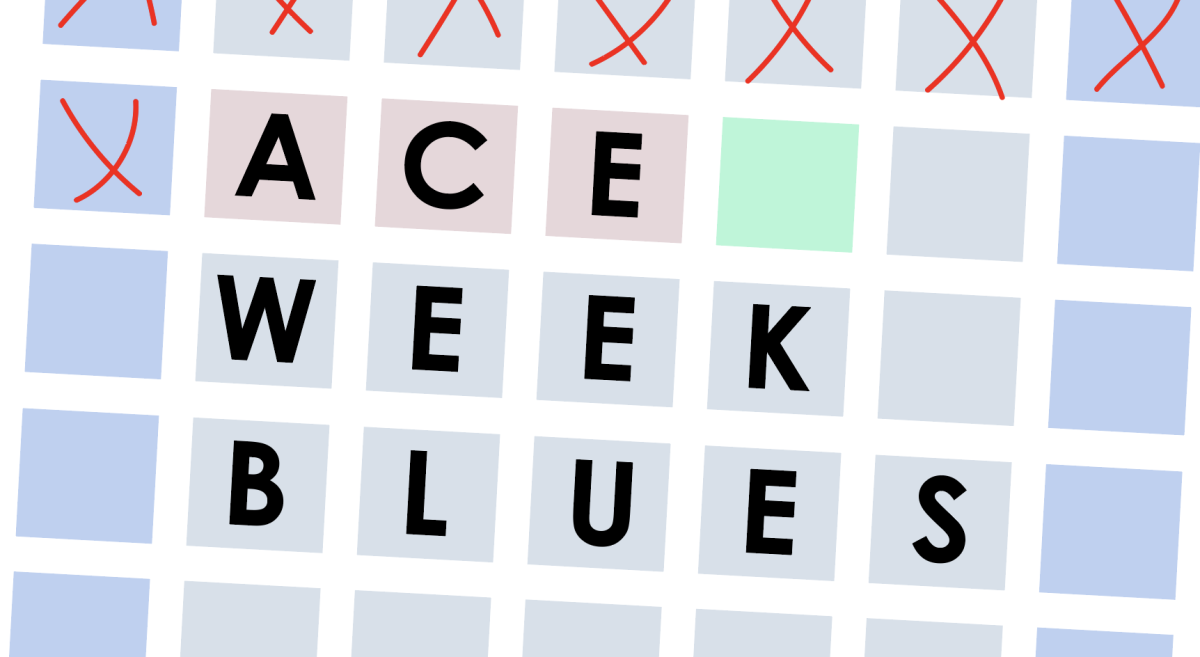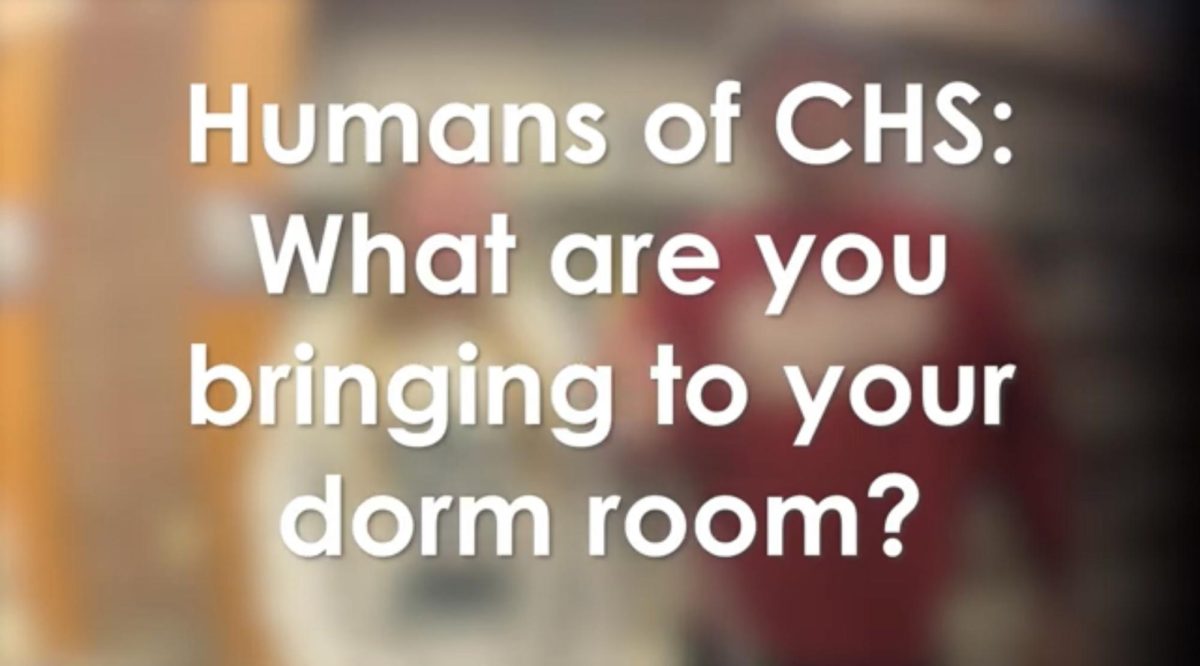Ahead of the 2024-2045 college admissions cycle, several colleges are reinstating standardized test requirements for students’ applications. Among the colleges that have chosen to make this decision are Harvard University, MIT, Yale University, Dartmouth College and Brown University. Counselor Kevin McDonough said the change is prompted by an increase in accessibility of standardized testing following Covid-19, which initially lowered participation in testing.

“The whole test-optional thing started after COVID, so I think that kicked it off, but a lot of schools have found that they have been able to get really good candidates without those test scores,” McDonough said.
Senior Odessa Norton said test-optional policies have created more opportunities for applicants.
“I think that (standardized tests) not being mandatory is a good opportunity for people who aren’t as good of test takers to have the ability to succeed in their applications,” Norton said.
For her part, junior Olivia Nelson said although she will be including ACT and SAT scores in her college applications, the test-optional policy still has its place.
“Making SAT and ACT scores optional is really beneficial for all students,” Nelson said. “It gives you the chance to submit your scores and show your performance on a standardized test. But because it is optional, you also don’t have to submit your scores if you don’t want to. Everyone performs differently; some people don’t do well on tests despite them being great students.”
McDonough said she agreed with Norton and Nelson and said test-optional policies allow for colleges to change their approach to selecting applicants.
“Schools like IU, where we send many students to, are test optional,” McDonough said. “They’re looking at the entire application of the student, what classes they have taken, the grades they’ve received, the extracurricular activities and sometimes letters of recommendation. They’re doing a holistic approach, digging deeper than just test scores, grades and GPA.”
Nelson said test-optional policies have helped her feel less stressed over the application process.
“I have already taken ACT prep for several months, I will feel calmer about my test scores because I still have the choice on whether or not I want to submit my test scores,” Nelson said.
McDonough said the SAT and ACT are important for strengthening a student’s application.
“If you are a good test taker, it basically bolsters your application,” McDonough said. “So if you are above (a college’s) historically median SAT score and have a good GPA, it’s another thing that says ‘I’m a good candidate for your school.’ If your GPA isn’t as good, or isn’t exactly what a school is looking for, (standardized test scores) could show them more potential.”
Nelson agreed with McDonough and said the SAT and ACT can help a student’s application stand out.
“I think including your scores can be very helpful,” Nelson said. “Due to a lot of people not submitting their scores, including your test scores can set your application apart from the rest.”
Overall, Norton said standardized tests still provide great value for colleges when admitting students.
“The SAT and ACT are a good baseline measure of things you are taught in high school,” Norton said. “I think they show your initiative to learn over the four years of high school, since the topics tested on standardized tests are things that people learn over the course of their high school career. It shows that you took part in learning.”
McDonough said the counseling department will continue their efforts to help students through the application process in the future.
“It will not necessarily change much of what we have done in the past,” McDonough said. “We’re always telling the student to submit their scores if they are at that median level or higher, because it can only help your application. And if you’re below what the average is for that school, then you have the choice. We will continue that recommendation. Students have the opportunity to take the PSAT as well as the SAT in school, so there’s multiple ways they are exposed to those exams. We will also continue to push out information on preparing for exams, taking exams on their own and information about colleges and their application requirements.”






























![Family vlogger controversy, need for content reform [opinion]](https://hilite.org/wp-content/uploads/2024/05/Screenshot-2024-05-14-11.33.37-AM-1200x465.png)




























![Review: Taylor Swift’s new album The Tortured Poets Department is not her best work but is still a brilliant album [MUSE]](https://hilite.org/wp-content/uploads/2024/05/The-Anthology_Cover-1200x675.webp)
![Review: Challengers does it all [MUSE]](https://hilite.org/wp-content/uploads/2024/05/challengers-poster-1200x600.png)
![Review: A House of Flame and Shadow by Sarah J. Maas was a disappointing read [MUSE]](https://hilite.org/wp-content/uploads/2024/05/house-of-flame-and-shadow-feature.png)
![Review: Conan Gray’s new album, “Found Heaven”, is a refreshing twist on modern music [MUSE]](https://hilite.org/wp-content/uploads/2024/05/Screenshot-2023-10-31-at-16.01.05.webp)
![Review: “Bodies, Bodies, Bodies” is the quintessential Gen-Z movie [MUSE]](https://hilite.org/wp-content/uploads/2024/05/Screenshot-2024-05-15-140618.png)
![Review in Print: Maripaz Villar brings a delightfully unique style to the world of WEBTOON [MUSE]](https://hilite.org/wp-content/uploads/2023/12/maripazcover-1200x960.jpg)
![Review: “The Sword of Kaigen” is a masterpiece [MUSE]](https://hilite.org/wp-content/uploads/2023/11/Screenshot-2023-11-26-201051.png)
![Review: Gateron Oil Kings, great linear switches, okay price [MUSE]](https://hilite.org/wp-content/uploads/2023/11/Screenshot-2023-11-26-200553.png)
![Review: “A Haunting in Venice” is a significant improvement from other Agatha Christie adaptations [MUSE]](https://hilite.org/wp-content/uploads/2023/11/e7ee2938a6d422669771bce6d8088521.jpg)
![Review: A Thanksgiving story from elementary school, still just as interesting [MUSE]](https://hilite.org/wp-content/uploads/2023/11/Screenshot-2023-11-26-195514-987x1200.png)
![Review: When I Fly Towards You, cute, uplifting youth drama [MUSE]](https://hilite.org/wp-content/uploads/2023/09/When-I-Fly-Towards-You-Chinese-drama.png)
![Postcards from Muse: Hawaii Travel Diary [MUSE]](https://hilite.org/wp-content/uploads/2023/09/My-project-1-1200x1200.jpg)
![Review: Ladybug & Cat Noir: The Movie, departure from original show [MUSE]](https://hilite.org/wp-content/uploads/2023/09/Ladybug__Cat_Noir_-_The_Movie_poster.jpg)
![Review in Print: Hidden Love is the cute, uplifting drama everyone needs [MUSE]](https://hilite.org/wp-content/uploads/2023/09/hiddenlovecover-e1693597208225-1030x1200.png)
![Review in Print: Heartstopper is the heartwarming queer romance we all need [MUSE]](https://hilite.org/wp-content/uploads/2023/08/museheartstoppercover-1200x654.png)






















![Review: “Ginny & Georgia” is a dramatic and poorly made emotional rollercoaster–and I loved it anyway [MUSE]](https://hilite.org/wp-content/uploads/2024/03/ginny-and-georgia-season2-main-be37bbb9487a41e88b3f66c3baacd5c3-300x177.jpg)
![Review: Witch Hat Atelier is a masterpiece in art and world-building, but the story has only begun [MUSE]](https://hilite.org/wp-content/uploads/2024/01/unnamed-211x300.png)
![Review: “Mysterious Lotus Casebook” is an amazing historical Chinese drama [MUSE]](https://hilite.org/wp-content/uploads/2024/03/0-300x170.webp)
![Review: “A Little Life” by Hanya Yanagihara is the epitome of a heartwrenching masterpiece [MUSE]](https://hilite.org/wp-content/uploads/2024/01/unnamed-5-300x200.png)

